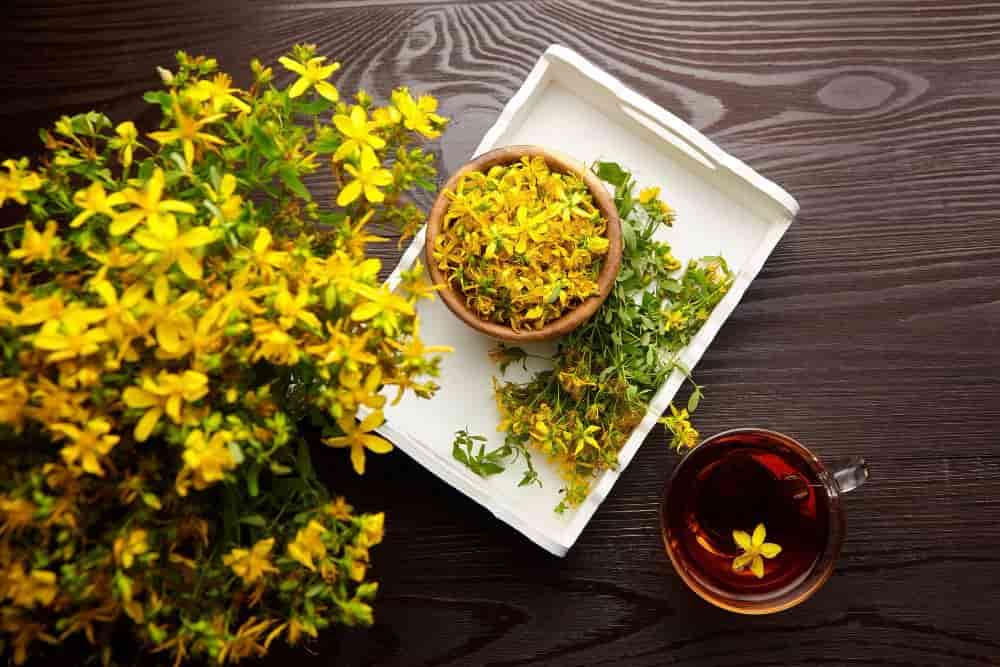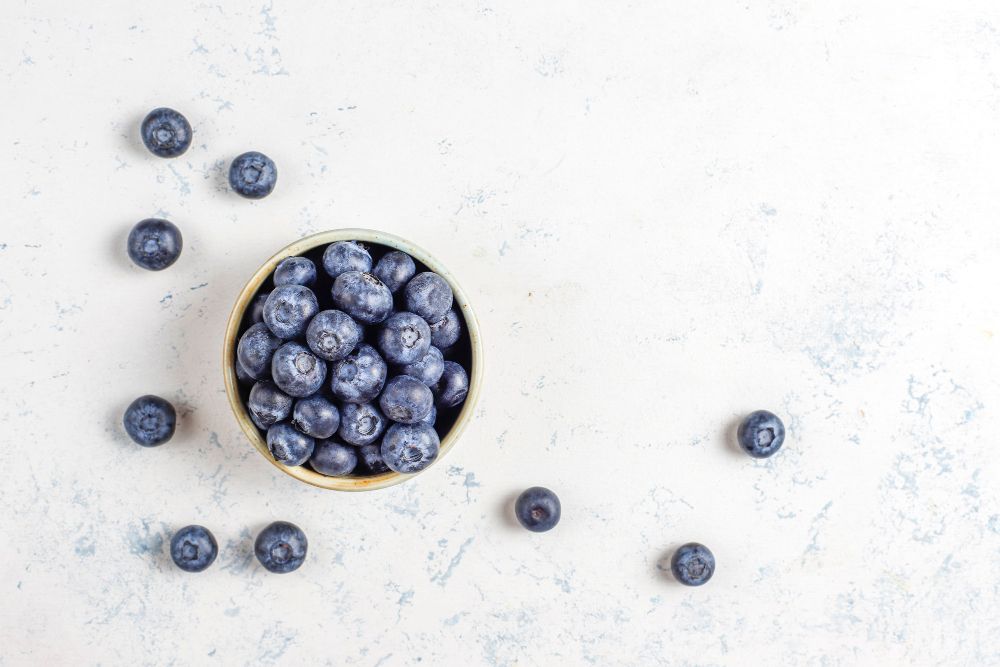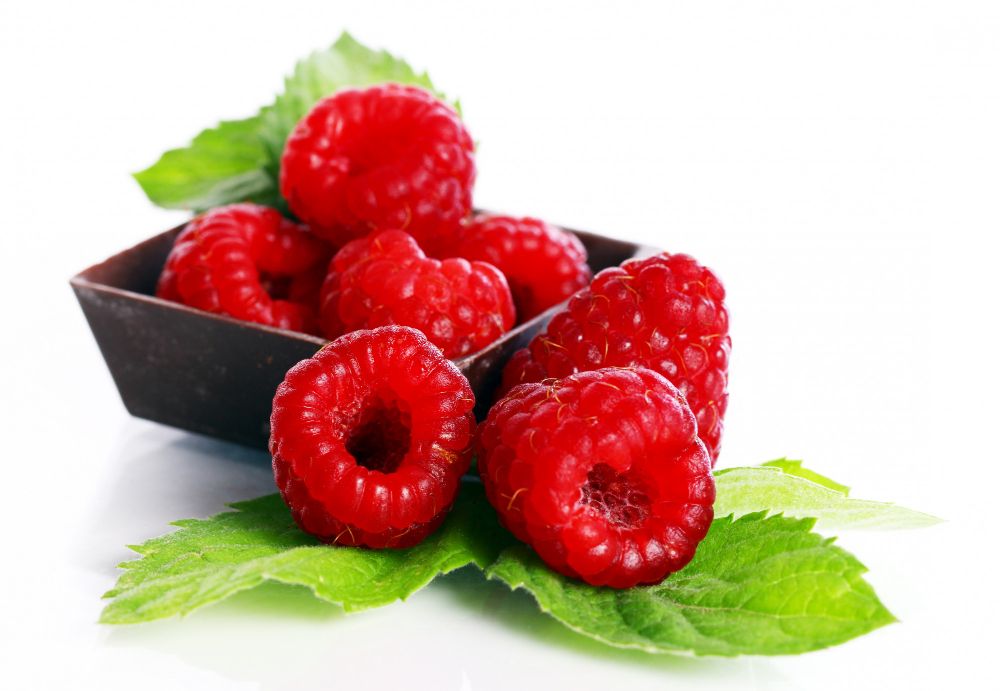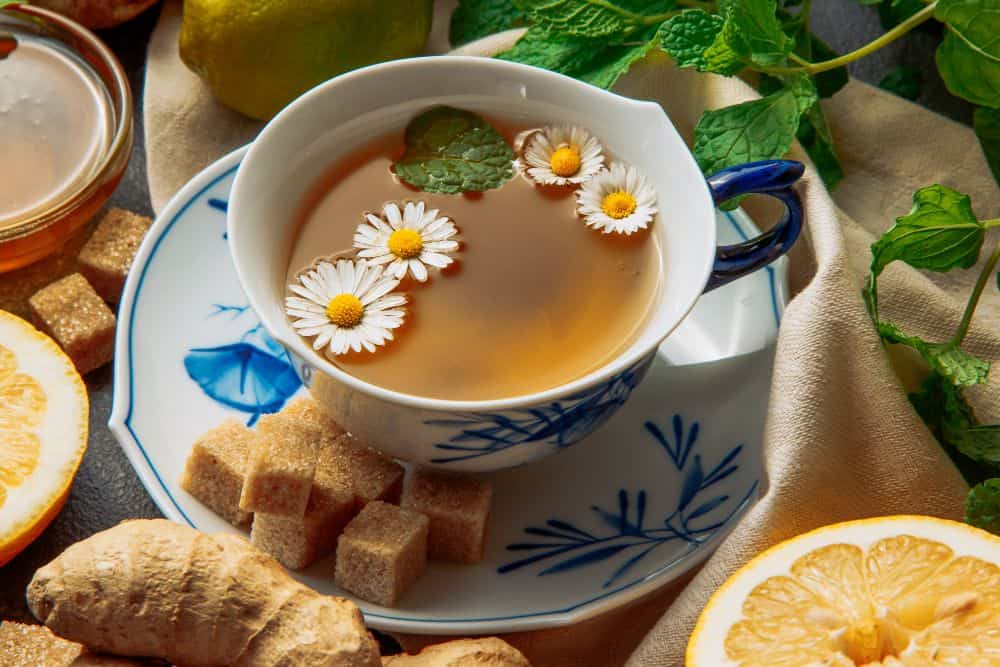Numerous physiological changes such as morning sickness and insomnia that occur during pregnancy reveal the need to find a safer solution than the use of drugs in pregnant women and increase the interest in herbal products.
Although the purpose of use during pregnancy is different, herbal products; It is generally used in the prevention of nausea and vomiting, alleviating pregnancy depression, relieving anxiety and stress, preventing and treating constipation, reducing the increased frequency of urinary tract infections during pregnancy, reducing uterine cramps, preventing miscarriages, and increasing breast milk during lactation.
It is stated that the plants frequently used during pregnancy are raspberry leaves, ginger, chamomile, blueberry and echinacea. We have compiled for you the most commonly used herbal supplements during pregnancy. Let's take a look at these herbal supplements together!
Ginger


Ginger in pregnancy is mainly used for the treatment of nausea and vomiting. It also has muscle pain relief, gas reliever, immune booster effects. It is very effective in preventing nausea and vomiting, especially in pregnancy.
St. John's Wort


Studies have shown that St. John's Wort is very effective in cases of insomnia, restlessness and depression during pregnancy. As an important warning, it is emphasized that "in studies, very careful attention should be paid to the use of St. John's Wort during pregnancy and experts should work on the safety of this plant".
Blueberries

This plant is a plant with high antioxidant activity, which has been used for the prevention and treatment of urinary tract infections for many years. You can beat the urinary tract infection, which is common during pregnancy, thanks to blueberries.
Echinacea


Echinacea is used in wound treatment and in the treatment of respiratory diseases. Thanks to its anti-bacterial and anti-viral properties, it has been shown to be very useful in diseases such as colds and flu. You can also fight echinacea from the common cold during pregnancy! If you have chronic illness and related medication use, please do not consume it without consulting your doctor.
Raspberry Leaf


It is known that raspberry leaf has blood-thinning, stimulating and soothing properties, in addition to being a plant containing vitamins A, B, C and E, and minerals such as calcium, iron, phosphorus, potassium, magnesium and manganese. Raspberry leaf is used among pregnant women to reduce nausea, prepare the uterus for birth and facilitate delivery.
Daisy: Oh Beware!!!


Although chamomile is a commonly consumed beverage for morning sickness, there are no studies on the safety of using chamomile in pregnant and lactating women. It is not recommended to use chamomile except for normal daily consumption due to the lack of evidence about its safety and efficacy and because it may cause allergies. In addition, there are many types of chamomile, and some types can have a toxic effect.
AS A RESULT
It should be noted that herbs can cause various side effects and undesirable consequences. While it is stated in the studies that herbal products are frequently used during pregnancy and lactation, it is noteworthy that there are not enough sources about the safety of these products. Herbal teas that can be used safely at a moderate level in the use of these products during pregnancy are linden, rosehip, mint, and citrus teas. Instead of buying these herbal teas from herbalists, it is recommended to prefer the ones in the form of straining bags and not to exceed 2 cups in daily consumption.











